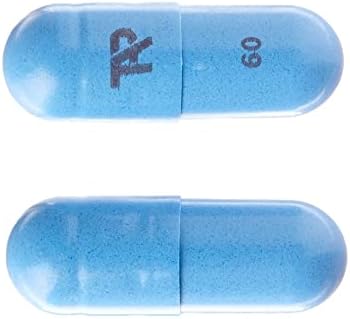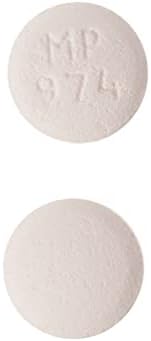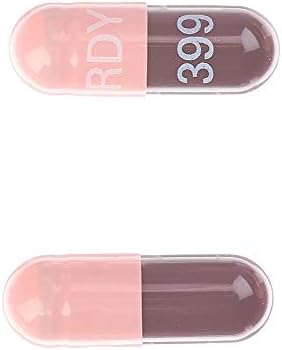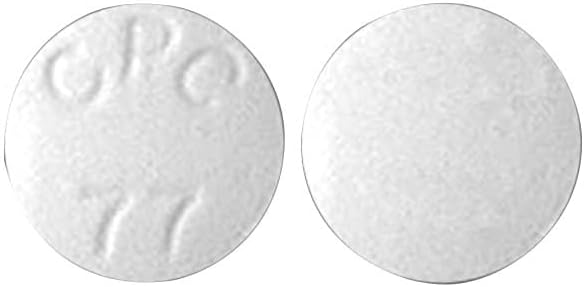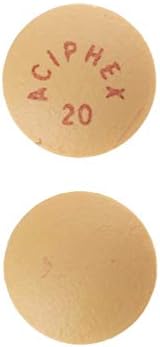People with acid reflux may experience heartburn, difficulty swallowing, and regurgitation. These symptoms may increase after meals and when sleeping. The severity of cases can vary. For some people, the symptoms can be mild and infrequent, while for others they can be more frequent and more severe.
Hello HST-PSX Team
Welcome to Warbler Experience







